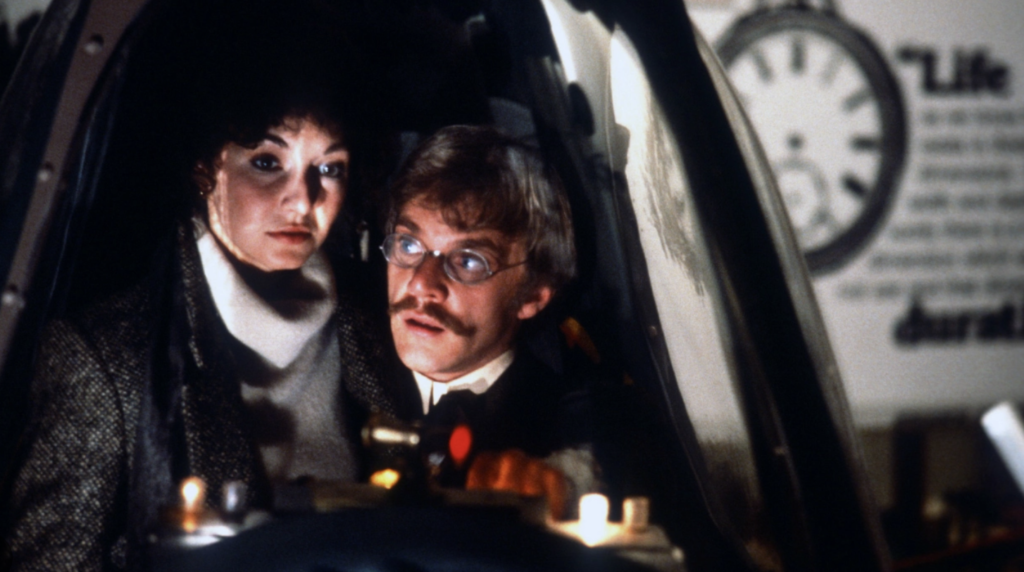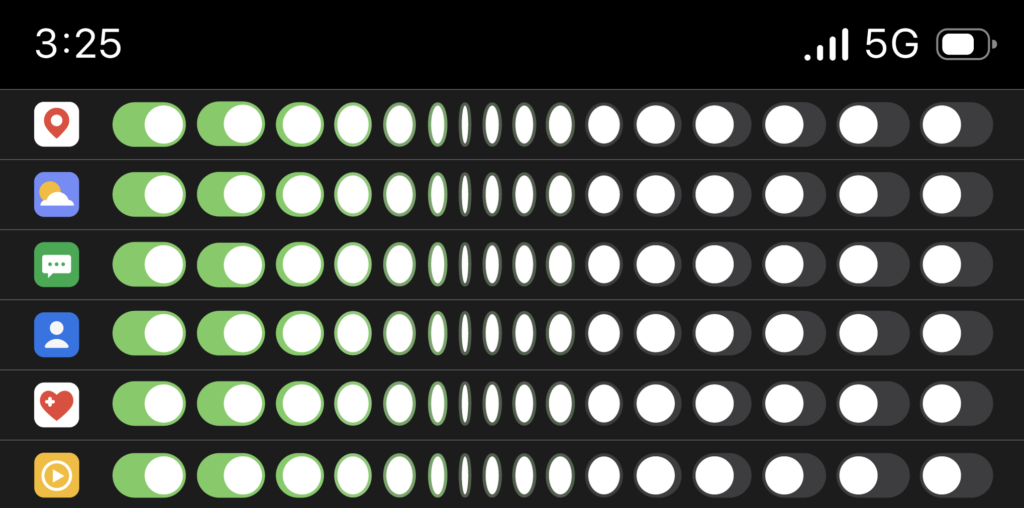“Every age is the same. It’s only love that makes any of them bearable.”
When “Time After Time” came out in late September of 1979, my life was falling apart. I was six months into a 10-month period when I saw that no matter what I tried, no matter how much I wanted to fix it, my first marriage was dying on the vine.
“Time After Time” was one of the last movie we went to see together, and was a combination of science fiction, horror and romance. It was a story of H.G. Wells using his time machine to chase Jack the Ripper into futuristic San Francisco and save the helpless people of utopia.

Coming from 1893, Wells believes that by 1979, man will have eliminated his aggressive tendencies and will be living together in peace. He is afraid that the Ripper stealing his machine to escape Scotland Yard has turned a monster loose in paradise.
Of course he hasn’t. When he follows the killer to 1979 San Francisco, he learns quite quickly that man has yet to escape the cosmic charnel house he has pretty much always occupied. As the Ripper says to him, “I’m home.”
If one thing ought to be apparent, it’s that expecting that the future will be better because progress is somehow a one-way street is a big mistake. Of course plenty of technological advances are good and some are even amazing.
.I can carry a device in my pants pocket that for $45 a month will give me unlimited phone service, unlimited text messaging and unlimited data. I have more than a thousand books, more than 500 audiobooks and more than 100 movies stored on it. I can access all my banks and credit accounts, just about any news services — radio, television or print — and nearly all my personal data records.
Oh, yes. I have more than 15,000 songs on it as well. And of course Social Media. With all that, I am using less than 20 percent of my hard drive. My first computer I ever used had a hard drive of 20 kilobytes. My pocket device — an iPhone 13 pro max — has a hard drive of 1 terabyte.
All well and good, but you’re probably wondering if I’ve veered far off the topic we started with.
Yes and no. In 1979, the only phone I had plugged into a wall jack and had a cord. I had a 13-inch color television set and that was the first year I had anything remotely resembling cable TV. I say remotely resembling because I had one cable channel — Home Box Office — and it was essentially on each day from 6 p.m. until midnight. It showed a movie at 6 p.m., another one at 8 p.m. and repeated the first one at 10 p.m.
The most amazing thing about it was the occasional R-rated movies and seeing nudity on TV for the first time.
I was 10 years from my first cordless phone and about the same from my first home computer.
I was four years from my first VCR, and to brag a little, it took me a lot less time to learn to program my VCR to rercord than it took the cows in “City Slickers.”
But to get back to the original point, I’ll say that all these wonderful technological advances, particularly the ones involving computers, are a mixed blessing at best. No matter how adept you are at programming your electronic devices, there are people better at breaking into them, cloning them or stealing your personal information.
If you carry a smartphone, there is a chip inside it that enables people to know exactly where you are.
Even if that weren’t true, carrying any sort of mobile phone means you can never really legitimately hide from people who are trying to reach you.

One area in which we ought to give the French a lot of credit is their rejection of our modern ridiculous idea that your boss can consider you on call 24/7 even if you’re just the guy who makes the fries at McDonald’s.
“Hey, Sappy didn’t show up for work. We need you to come in.”
Unless Sappy was a brain surgeon or a firefighter, this isn’t the kind of job necessary enough for you to be forced to come in. You ought to be able to tell your boss, “Hey, blow me.”
If you were French, you wouldn’t even have to say, “Hey, blowez moi.”
Yes, I know that’s not correct French.
Because in France, your boss couldn’t even call you in the evening and ask you. Your work hours are your work hours and the rest of your time is yours.
So despite the dreams H.G. Wells had of future utopias, nothing really changes. The toys get better, but dreams that people will somehow treat each other better are just that.
Dreams.
I can sit in the middle of nowhere and as long as the battery is charged, I can watch my downloaded version of “Time After Time” or hundreds of other movies.
But does that make my life better?
Not at all.
The fact is as it has always been, only love makes my life bearable.
